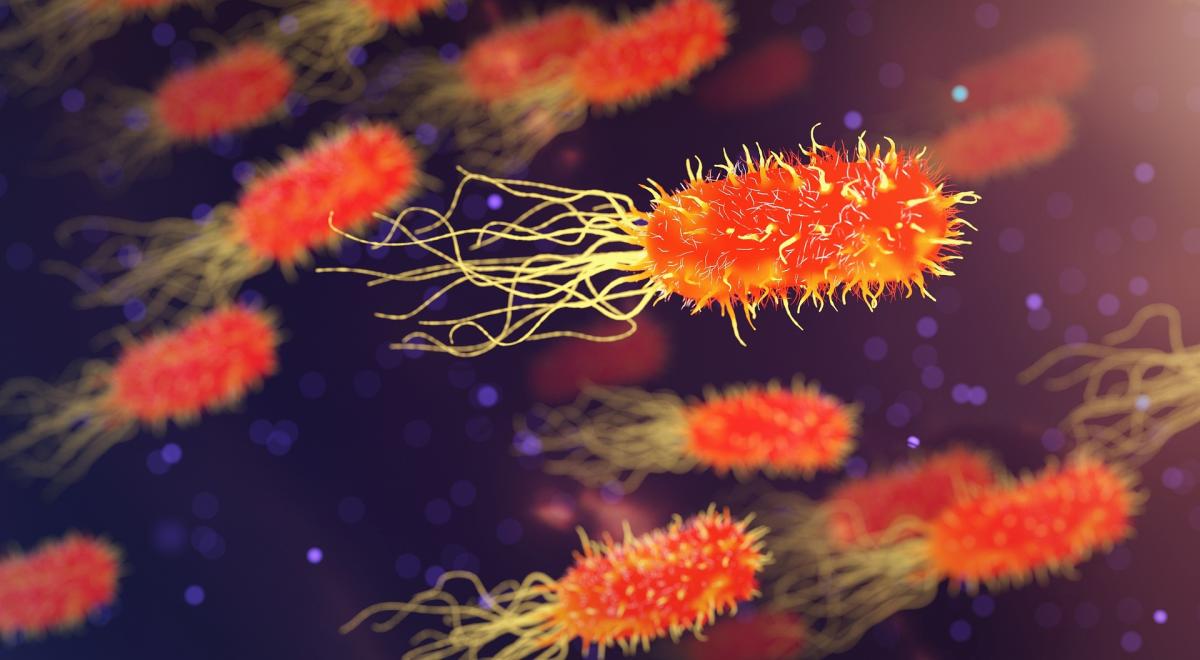Grades:
5th Grade
Biologists have noticed that the saguaro mortality rates have increased in Central and Southern Arizona. They don’t know why - but they have some ideas. In this unit, students will learn more about
Grades:
3rd Grade
In this lesson there will be several small activities; on the first day students sort seeds and describe the different characteristics of the seeds; as an introduction and to engage students. Students
Grades:
Kindergarten
This lesson provides the opportunity for kindergarten students to develop a mock oil spill and develop methods to help ocean life after an oil spill. Student will hypothesize methods that can
Grades:
3rd Grade, 4th Grade, 5th Grade
Students will determine the best materials to use to build their school budget. They will create several garden models and determine which garden they ultimately want to build. Students will then
Grades:
Kindergarten, 1st Grade
In this lesson students will explore bugs and their attributes. Students will also understand the difference between an insect and a bug, use math skills such as counting and symmetry, and also have
Grades:
10th Grade, 12th Grade
This lesson builds on the Part 1 of Urbanization Impacts in the HS Environmental Science classroom. In this lesson, students are utilizing their knowledge to create models of solutions to the
Grades:
10th Grade, 11th Grade, 12th Grade
This lesson includes a slide show and FITB notes page introducing Urbanization in a HS Environmental Science class. Benefits and drawbacks of urbanization are discussed, with a documentary about
Grades:
Kindergarten
Students will explain how the apples are changing numbers through stem challenges and physical tests in this early childhood lesson.
Grades:
Kindergarten
Students will explain the difference between sink and float through hands on experiences in this early childhood lesson.
Grades:
6th Grade
In this lesson students apply their Medieval Times knowledge and energy transfer to create a knight that will compete in a jousting tournament using spheros. The students will use a solo cup as the
Grades:
7th Grade
In this lesson students will be exploring the ball drop phenomenon in order to gain an understanding of Newton's second law of motion. Students will observe the phenomenon demonstration and then
Grades:
7th Grade
In the lesson on upcycling empty water bottles, students will embark on an innovative and eco-friendly exploration of creative reuse, incorporating science, technology, engineering, and math (STEM)
Grades:
7th Grade
In the STEM Pine Cone Decoration lesson, students will embark on a creative and hands-on exploration of nature-inspired crafting, integrating science, technology, engineering, and math (STEM) concepts
Grades:
6th Grade
Students will research and use math calculations to set up a classroom worm compost bin to compare to a classroom non-worm compost bin to be utilized for observation throughout the school year for
Grades:
8th Grade, 9th Grade
In this lesson, students will embark on an investigative journey to explore the geological history of their local community. Through hands-on activities and research, students will analyze rock layers
Grades:
6th Grade, 7th Grade, 8th Grade
5E lesson plan for teaching middle school students (grades 6-8) how to use sensors to control motors and interact with objects on a field using block code with a system like LEGO Mindstorms.
Grades:
7th Grade, 8th Grade, 9th Grade, 10th Grade, 11th Grade, 12th Grade
This is a lesson geared toward junior high and high school classes to introduce students to the idea of cryptography and encryption. This lesson could be simplified for younger students by removing
Grades:
8th Grade, 9th Grade, 10th Grade, 11th Grade, 12th Grade
Over the course of three class sessions, spanning 90 minutes each, students will engage in an immersive project focusing on the outdoor air quality prevalent in four states situated in the
Featured
Planarian Regeneration
Grades:
3rd Grade
In this lesson students will explore human regenerative medicines through the planarian's ability to regenerate. Planarians have specials cells that allow themselves to modify and regrow into any kind
Grades:
6th Grade, 7th Grade, 8th Grade
What would you do if you were dropped into the wilderness, with nothing but what you could fit into a backpack, and had to survive harsh weather, a hostile location, and possibly aggressive wildlife
Grades:
7th Grade
In this lesson, students will carry out an investigation to discover how increasing the mass of an object will affect its motion. Then, they will design their own investigation to discover how
Grades:
10th Grade, 11th Grade, 12th Grade
In this hands-on lesson, students study and record water quality readings by gaining an understanding of the significance of the readings along with the use of the correct vocabulary.
Grades:
9th Grade, 10th Grade, 11th Grade, 12th Grade
Students physically manipulate a couple of springs and then collect data from a spring force Phet simulator, graph the data, calculate the area under the curve of their linear line and then, hopefully
Grades:
2nd Grade
This is a virtual 360° Tour of Coronado National Memorial Cave. Students can take the tour and follow along with the resources embedded in both the tour and the lesson. Students will locate the key
Featured Lesson Plans
Check out these notable lesson plans.

Featured
Planarian Regeneration
Grades:
3rd Grade
In this lesson students will explore human regenerative medicines through the planarian's ability to regenerate. Planarians have specials cells that allow themselves to modify and regrow into any kind

Featured
A Very Hungry Robot: Lesson 2
Grades:
1st Grade
In this lesson, students will relate The Very Hungry Caterpillar to a butterfly's life cycle. Students will learn the four main parts of a butterfly's life cycle and then use the indi robot to create

Grades:
3rd Grade, 4th Grade, 5th Grade
Students will gain knowledge about Arizona's geography, culture, and history through the book "Santa is Coming to Arizona." Students will develop basic programming and problem-solving skills by
